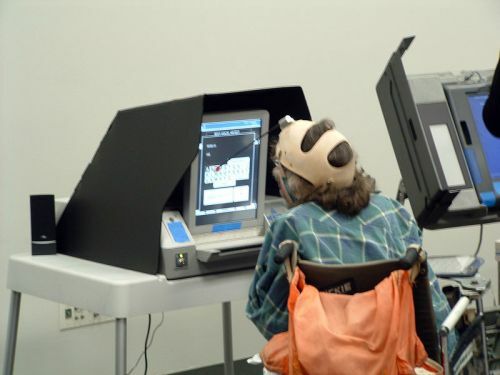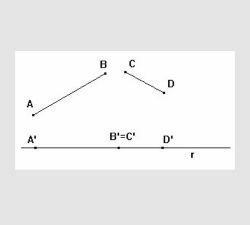Cognitive development is an area of study that seeks to understand how the a child's learning process, that is, how their thinking and their ability to understand phenomena develop.
One of the biggest references on the subject is Jean Piaget, French educator. His theory divides cognitive development into phases according to the child's age. At each stage of your development, skills are acquired cumulatively.
The second biggest reference on cognitive development is the Russian Lev Vygotsky. According to him, children learn from what they internalize from the environment and their social relationships.
What is cognition?
Cognition refers to mental processes by which we acquire knowledge. They can occur by perception, memory, language, thought and so on. The brain, when perceiving the stimuli from the environment, captures the information, which after being interpreted produces a response.
The perception of the external environment is through the five senses and cognition is the way the brain receives, interprets and records information.
Cognition, however, is not just the accumulation of knowledge, as with each new mental process performed, the way the individual relates to the world changes.
know more about cognition and learning.
Cognitive development according to Jean Piaget
Jean Piaget is one of the greatest scholars of children's cognitive development. Seeking to understand how learning works, Piaget created a general child development theory, which is divided into four phases, according to age groups.
According to this theory, a child's development takes place in qualitative leaps. Over time, she accumulates knowledge and skills and, at a given moment, qualitatively changes her way of thinking.
Stages of cognitive development
See below how a child's cognitive development is, according to the phases defined by Piaget:
1. Sensory-Motor Internship: this period goes from 0 to 2 years and it comes before language development. This phase is one of reflection, when babies develop their sensory and motor skills, that is, their ability to perceive the environment through their senses and reflection.
2. Pre-Operative Internship: this stage goes approximately from 2 to 7 years old of age and starts with language development. At this stage, the child's communication is considered egocentric - he speaks what is on his mind - and there is not always consistency in the speeches.
This is a phase of enormous cognitive evolution, with linguistic and conceptual development.
3. Concrete Operative Internship: this step occurs approximately between the 7 and 12 years old, depending on the child's development. During this period, the child begins to expand his ability to reason logically, but he still has difficulty understanding abstractions, he is focused on the concrete actions he performs.
4. Formal Operations Stage: starts at 12 years and it is the stage when the child begins to develop into a teenager and then an adult. At this stage, the child is able to manage abstract thoughts, formulate hypotheses, and understand cause-and-effect relationships.
Cognitive development according to Lev Vygotsky
Another educator and student of cognitive development was the Russian Lev Vyjotsky, who became famous in the late 1970s and continues to influence many studies to this day. Two terms explain his theory of cognitive development: internalization and proximal zone of development.
Internalization
For Vygotsky, a child's learning is related to stimuli you receive from the external environment. According to him, the child internalizes everything that people do and say and make that knowledge, that is, learning takes place from their interactions with the environment.
Proximal Development Zone
This concept is one of Vygotsky's most outstanding contributions. According to the researcher, in addition to understanding the performance of the skills and knowledge acquired by children, it is important to understand what are their latent capabilities, that is, what else can be developed.
For this, Vygotsky stated that it was necessary to rethink the way children were evaluated and suggested a dynamic interaction between the evaluator and the child. For him, incorrect answers were important and when they happened, the evaluator should not leave them unanswered, but help them arrive at the correct answer.
Difference between the theories of Jean Piaget and Lev Vygotsky
The main difference between the two most famous theories of cognitive development is that Piaget learning is a process that takes place from the inside out, while for Lev Vygotsky, this process takes place from the outside in.
Piaget considered that the external environment was capable of contributing to or hindering a child's cognitive development, but his theory placed special emphasis on biological aspects.
Vygotsky, in turn, created a theory that differs quite a bit from Piaget's. According to him, learning happens as an outside-in process, that is, he highlights the role of the external environment on a child's cognitive development.
In this case, social influences are more important than biological characteristics.
See also the meaning of cognition, childhood and child development.


